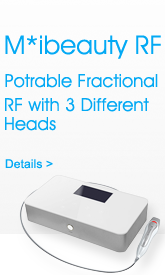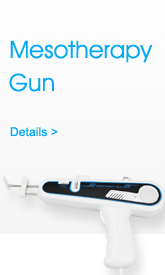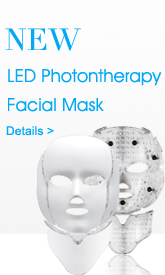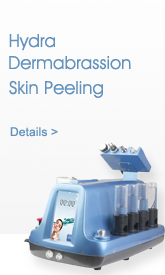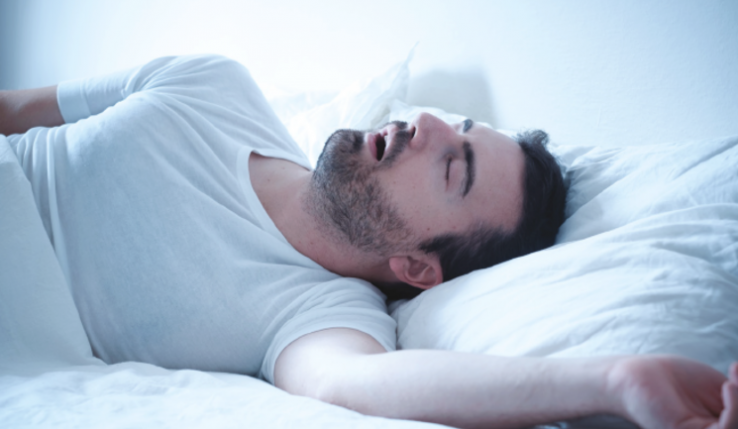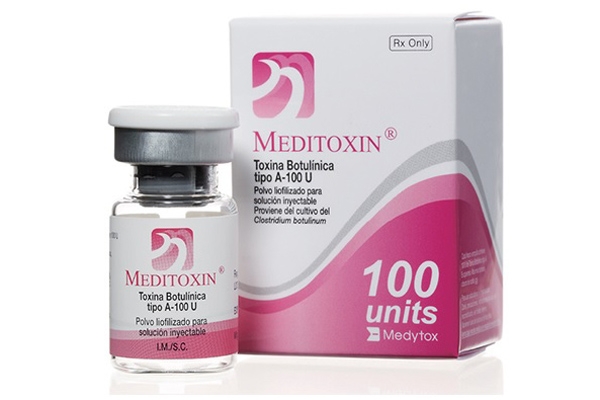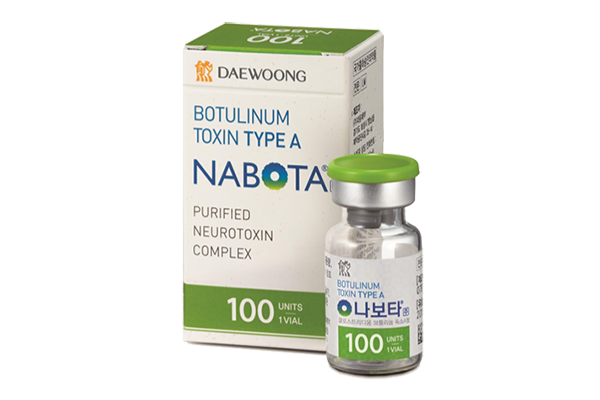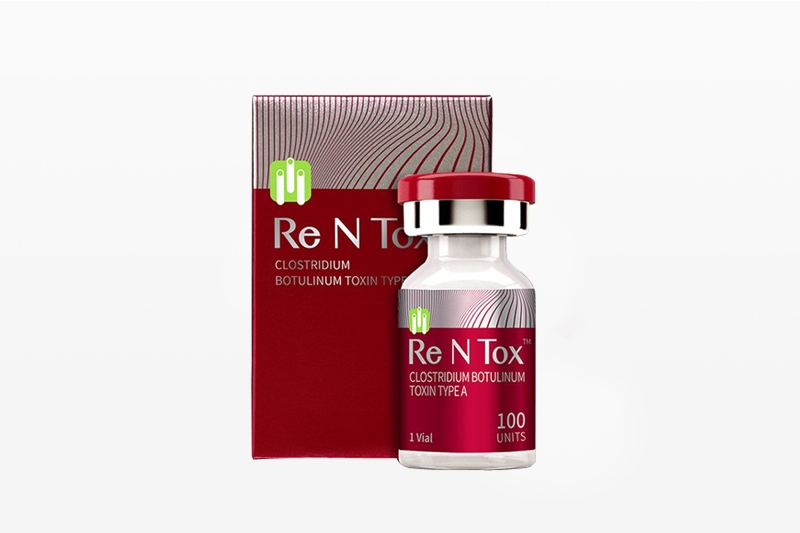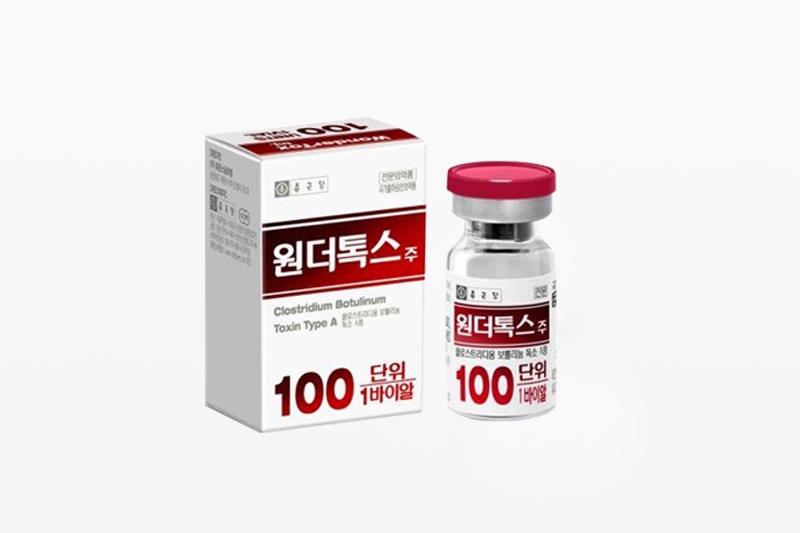Botox’s reputation for enhancing only facial appearances may receive a trending makeover in the future.
Patients who have common ailments such as depression, snoring may be able to look forward to solutions to control these regularly occurring conditions.
Botox for the treatment of Depression
With depression being one of the leading conditions for disability, an estimated 350 million people suffer from depression worldwide. Whilst symptoms can vary between individuals, the main signs include feelings of sadness, loss of energy, lack of motivation and poor concentration.
Research suggests depression is a result of an imbalance of hormones or chemicals in the brain (e.g. dopamine, norepinephrine, testosterone, cortisol). It could even be due to a dysregulated inflammatory or autoimmune response that attacks the nervous system.
Although behavioral therapy and medication can help with treatment. If there is no result with these, Botox (botulinum toxin A) is an alternative solution to consider.
In a study carried out in 2006, 9 out of 10 patients with MDD (major depressive disorder) treated with Botox, saw a reduction in symptoms related to depression.
Another case study in 2013 studied 50 women. Half of which were already diagnosed with depression. Over the course of the study depression symptoms decreased and self-esteem levels rose. The placebo group without depression, did not experience any fluctuation in patterns of depression or self-esteem.
The interesting question is how is Botox administered in patients who suffer from depression? Within clinical trials, subjects received 5 injections of Botox in their glabellar region. Many argue that results could be psychological: that looking better can make you feel better.
Another theory could be that Botox causes neurochemical changes in the brain, specifically in the amygdala, which is responsible for emotional memory and trauma. Botox has been shown to reduce the amygdala response to negative stimuli.
Additional studies have suggested that Botox may also be effective for psychiatric disorders too, e.g. borderline personality disorders.
A medical professional should always be used for Botox treatments for depression.
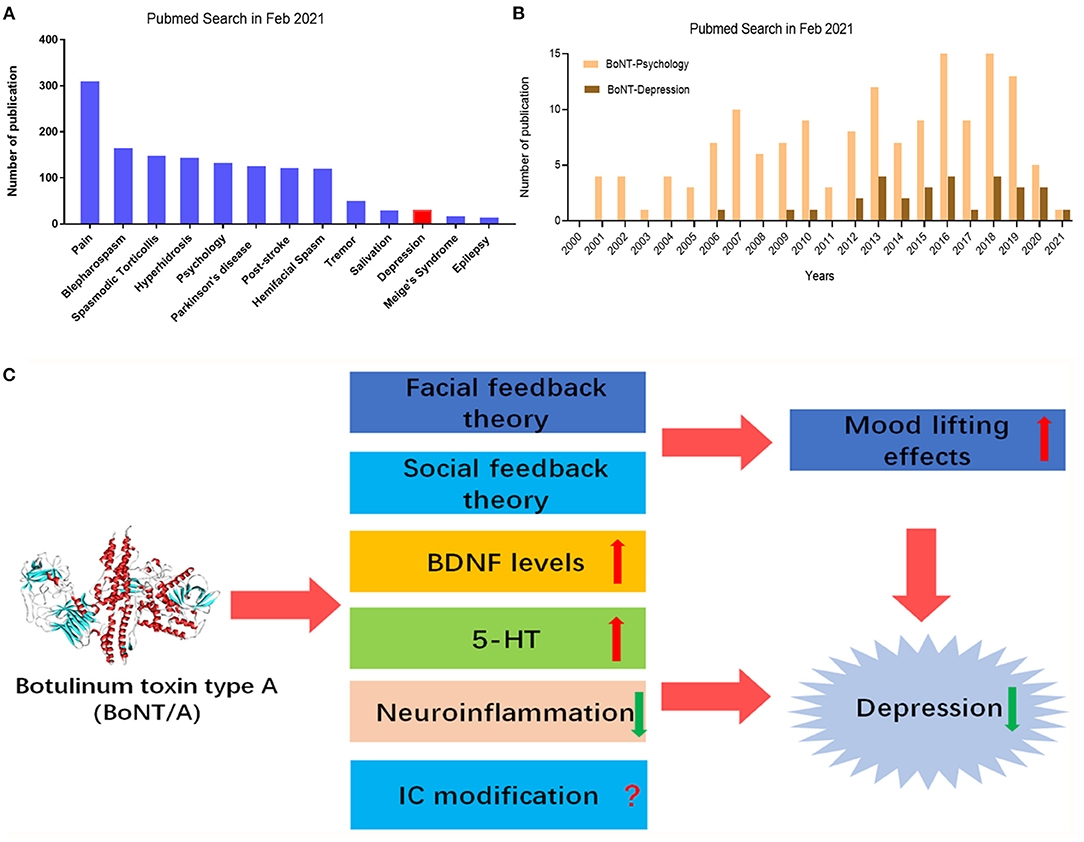
Figure 1. PubMed search for BoNT/A and neurological diseases, including depression. (A) Number of publications applying BoNT/A in Parkinson's disease, pain, hyperhidrosis, post-stroke, tremor, salivation, epilepsy, spasmodic torticollis, hemifacial spasm, blepharospasm, Meige's Syndrome, depression, and psychology. (B) Number of publications for applying BoNT/A in depression and psychology in the last 20 years. (C) Therapeutic mechanisms of BoNT/A in depression. Peripheral injection of BoNT/A produces antidepressant effects possible though multiple mechanisms, such as facial feedback and/or social feedback to lift mood, IC modifications, up-regulation of BDNF levels, increasing 5-HT levels, and dampening neuroinflammation. IC, insular cortex; BDNF, brain-derived neurotrophic factor; 5-HT, 5-hydroxytryptamine.
Botox to Inhibit Snoring
Snoring is common and can impact snorers and their spouses.
Botox has been suggested as a viable option to treat snoring. Although many patients are unaware of their snoring habits, their partners will certainly make them aware of it.
Surprisingly, there are underlying lifestyle factors for causing snoring or the vibration of certain tissues around the nasal area. These can include alcohol intake, obesity, smoking, medication and sleeping positions.
Although there are several treatment options for snoring including lifestyle changes, nasal surgical and non-surgical interventions such as oral devices, nasal dilators, nasal lubricants and botulinum toxin.
In one study, Dysport was used to block the release of acetylcholine causing the nasal muscles to relax, eliminating snoring. Patients and partners reported significant improvement, except for three patients that reported no changes to their snoring. Currently, there is no standard measurement of snoring, therefore this may be required to determine a patient’s suitability for treatment with Botulinum Toxin and the dosage required to treat them, when there is sufficient high-level evidence and a protocol is devised ensuring standardization, for the safety of patients.
Here are some botulinum toxin products.

